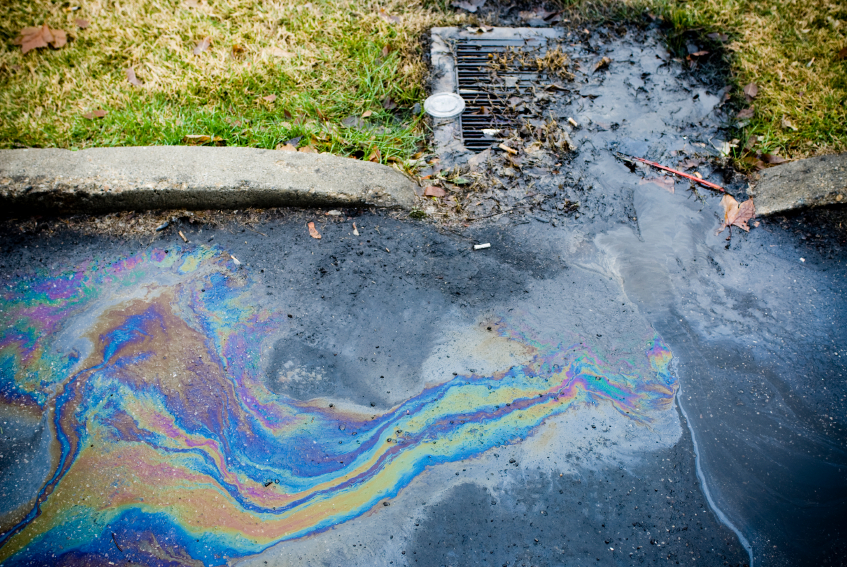After a tropical storm or hurricane has left your city, you may think the coast is clear. Think again. Your life could still be in jeopardy even though the storm has already powered over your home. How?
The unsuspecting waters on streets left behind by storms that does not absorb into the ground, referred to as “stormwater runoff“, can contain extremely hazardous substances. And, according to The Federal Emergency Management Agency, urban runoff from storms accounts for almost 1/4 of all economic losses incurred by flooding each year.
Stormwater Runoff and Pollution
Hurricanes create stormwater runoff when precipitation falls in urban areas with structures, roofs and roads that prevent the waters from being soaked up by the earth. This water then travels while accumulating debris, chemicals, oils and grease, sediment and pollutants from the area. These waters can be left on roadways, near homes, or may even flow to other water sources for cities and may contain:
- excess nutrients, sediment, and bacteria
- waste from sewers or animal feces
- trash (i.e. cigarrette butts, plastic wrappers, paper, plastic rings from cans or bottles, etc)
- lawn and home treatments such as insecticides, fertilizer, and oils
Stormwater Runoff Effects
Stormwater runnoff affects cities differently depending on how it is distributed. The most common situations which may occur include:
- flooding or overflowing of sewage in cities: When runoff accumulates in cities, it can cause polluted precipitation so settle on streets, in ditches, and other areas and lead to inundation.
- contamination of water sources: Runoff may pollute waters in rivers, lakes, aquifers, and other waters nearby. This can add chemicals and hazardous substances to waters that we swim in and even drink!
Runoff may be disastrous for humans or livestock which may attempt to feed off of plants or water sources that have been affected by runoff. Also, coming in contact with these polluted waters can be dangerous, especially for persons with open wounds, or animals and fish swimming in waters with debris they could get become trapped in. However, storm runoff can be threatening for reasons besides pollution. Debris in deeper runoff water is often unseen; local residents attempting to walk through these water may unknowingly be stepping into dangerous waters filled with sharp objects from metal street signs, to glass bottles.
After a storm has passed, it may be beneficial to avoid runoff completely, and keep pets and animals away from the waters as well. Drinking or handling contaminated water can lead to serious, life-threatening infections.
Preventing and Treating Storm Runoff
To avoid contributing to runoff pollution, residents can take certain precautions such as cleaning up any debris or waste in yards and streets, and refraining from fertilizing and watering yards, or using poisonous/toxic products directly before storms. It is also important to secure septic systems to ensure that waste does not seep into runoff. Many cities have systems for reducing run-off. Check your city or state’s website to find out more about local policies and action.
